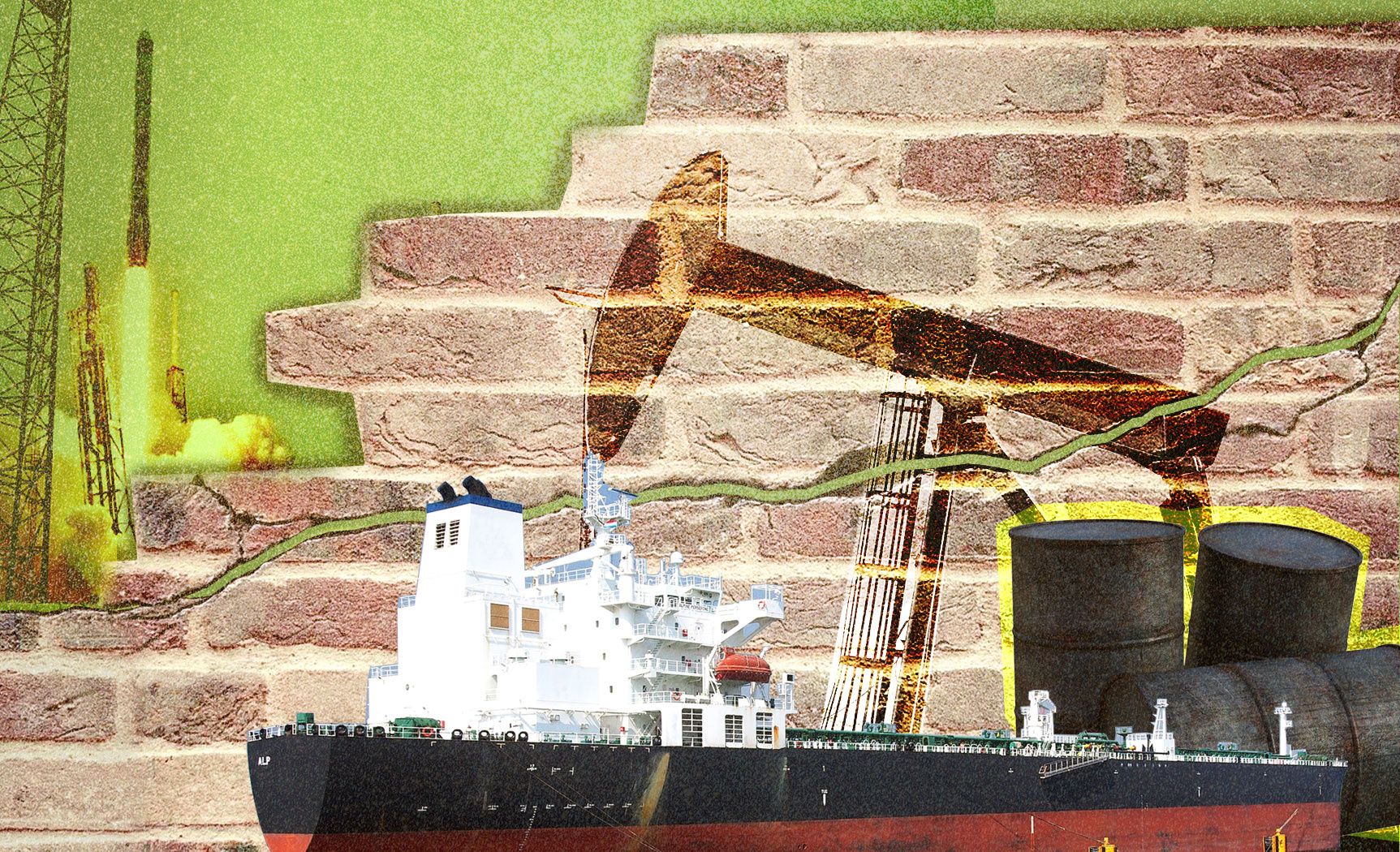January 06, 2020
The world is watching: How will Iran respond to the US drone strike that killed Major General Qassim Suleimani?
Iran has already said that it will no longer adhere to limitations on its capacity for uranium enrichment set out under the 2015 nuclear deal. While the Islamic Republic would come up short against the US military in a conventional war, it does have options for retaliation. Here are the most important.
The Iranian coastline borders a Gulf oil shipping route, including the strategic Strait of Hormuz. Any action Tehran might take against tanker traffic or vital oil installations could send oil prices surging. This fear is not unfounded: Just after the attack on Suleimani, prices jumped 4 percent in anticipation of a potential response. And back in September, Iran was blamed for attacks on Saudi oil refineries that briefly knocked 5 percent of global crude production offline.
The Strait of Hormuz is a particular worry. Iran has responded to the tightening of US sanctions in recent months by seizing tankers in the area, and in 2016, seized two US navy boats, taking American sailors hostage. If Iran were to engage in such provocations now, President Trump's response could pull the two countries toward full-blown war. That's not likely, but we can't rule it out.
Iran has also demonstrated cyber capabilities and could lash out at the US and its allies. Oil installations around the Persian Gulf are susceptible to cyberattacks that could severely undermine energy security in the region. This might only form part of Iran's response: "They will want real blood," a former US colonel in military intelligence warned this week.
Tehran's vast network of proxy forces – including Hezbollah in Lebanon, Hamas in Gaza, the Houthis in Yemen, and local militias in Syria and Iraq – could play a key role in escalation between the US and Iran. Some of these groups have affiliates in Europe, Latin America and Africa that could inflict serious damage on US interests in those regions.
Fears that Iraq will become the frontline of US-Iran tensions are well-founded. Baghdad, hoping to placate Iran's rulers – their fellow-Shia patrons – passed a resolution in parliament over the weekend to expel US troops from Iraq. (Shia lawmakers voted in favor of the resolution while many Sunni and Kurdish members, who are more supportive of US troops being in Iraq, sat out the vote.) While it's unclear how this might play out, it is a worrying sign for President Trump, who has already threatened to impose sanctions on Iraq if US troops were required to leave the country.
Iraq is a long-term US partner and a foothold for US troops in the Middle East. A US withdrawal from Iraq would severely undermine America's ability to lead the fight against the Islamic State. Speaking to Axios, a US official explained: "It hasn't escaped ISIS' attention that Iraq is in something of disarray right now."
The bottom line: All-out war between the US and Iran remains unlikely, but there is much short of war that can still go very wrong.
More For You
- YouTube
On Ian Explains, Ian Bremmer takes a look at the growing surge in global conflict and the ripple effects of so much violence, war, and armed struggle throughout the world.
Most Popular
Think you know what's going on around the world? Here's your chance to prove it.
French President Emmanuel Macron, German Chancellor Friedrich Merz, Ukrainian President Volodymyr Zelenskiy, U.S. Special Envoy Steve Witkoff and businessman Jared Kushner, along with NATO Secretary-General Mark Rutte and otherEuropean leaders, pose for a group photo at the Chancellery in Berlin, Germany, December 15, 2025.
Kay Nietfeld/Pool via REUTERS
The European Union just pulled off something that, a year ago, seemed politically impossible: it froze $247 billion in Russian central bank assets indefinitely, stripping the Kremlin of one of its most reliable pressure points.
Big global stories. Real conversations with world leaders. Our award-winning global affairs show, GZERO World with Ian Bremmer, goes beyond the headlines on the stories that matter most. Here’s a look back at the 10 most quotable moments from this year’s episodes.
© 2025 GZERO Media. All Rights Reserved | A Eurasia Group media company.
